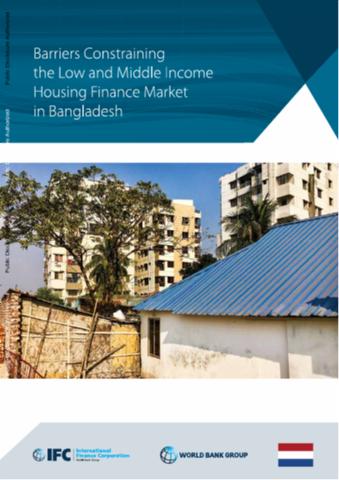Location
The World Bank is a vital source of financial and technic
IFC, a member of the World Bank Group, is the largest global development institution focused exclusively on the private sector in developing countries.
We utilize and leverage our products and services—as well as products and services of other institutions in the World Bank Group—to provide development solutions customized to meet clients’ needs. We apply our financial resources, technical expertise, global experience, and innovative thinking to help our partners overcome financial, operational, and political challenges.
Clients view IFC as a provider and mobilizer of scarce capital, knowledge, and long-term partnerships that can help address critical constraints in areas such as finance, infrastructure, employee skills, and the regulatory environment.
IFC is also a leading mobilizer of third-party resources for its projects. Our willingness to engage in difficult environments and our leadership in crowding-in private finance enable us to extend our footprint and have a development impact well beyond our direct resources.
Members:
Resources
Displaying 1 - 5 of 52Barriers Constraining the Low and Middle Income Housing Finance Market in Bangladesh
The study aims to assess the market for low and middle income housing finance in Bangladesh and identify the demand trajectory of this segment over the next 4 years. In addition, the report identifies factors that constrain the housing finance from serving low and middle income households.
Handshake, No. 11 (October 2013)
This issue includes the following
headings: donors: aid versus trade; investment: seeking
strong partners; power: hydro heats up; water: sanitation
solutions; and first person: African Development Bank President
Handshake, No. 2 (July 2011)
This issue includes the following
headings: renewable energy: wind and solar; energy
efficiency: green building; and green finance:
infrastructure finance.
Handshake, No. 5 (April 2012)
This issue includes the following
headings: seeds and soil: smallholder agriculture;
innovation: pairing commercial buyers with rural producers;
grain storage: a ready role for public-private partnerships
(PPPs); agricultural clusters: powering Africas agricultural
potential; and interviews: AgDevCo, bill and Melinda gates
foundation, earth policy institute.
Handshake, No. 6 (July 2012)
Air and sea transport power the global
economy. Since the vast majority of trade is physical, it
must travel by plane or ship to reach its market. In fact,
high value, time-sensitive goods usually fly through at
least two airports, and almost every container passes
through at least two seaports. When ports are efficient,
people receive the goods theyre waiting for, sellers receive
payment, and global economic development is strengthened.




